The Complete Beginner’s Guide to Keyword Research 2019 (+FREE tools & pro tips!)
Are you a beginner at SEO and are looking for the ultimate resource for local SEO keyword research?
Do you want your company to:
- Stop being forgotten in search engine results pages (SERPs).
- Rank high in SERPs and boost your sales
You are in luck because here in Blitzo, we have created THE article that will give you everything you need to get started!
Why should you listen to us?
Here’s why:
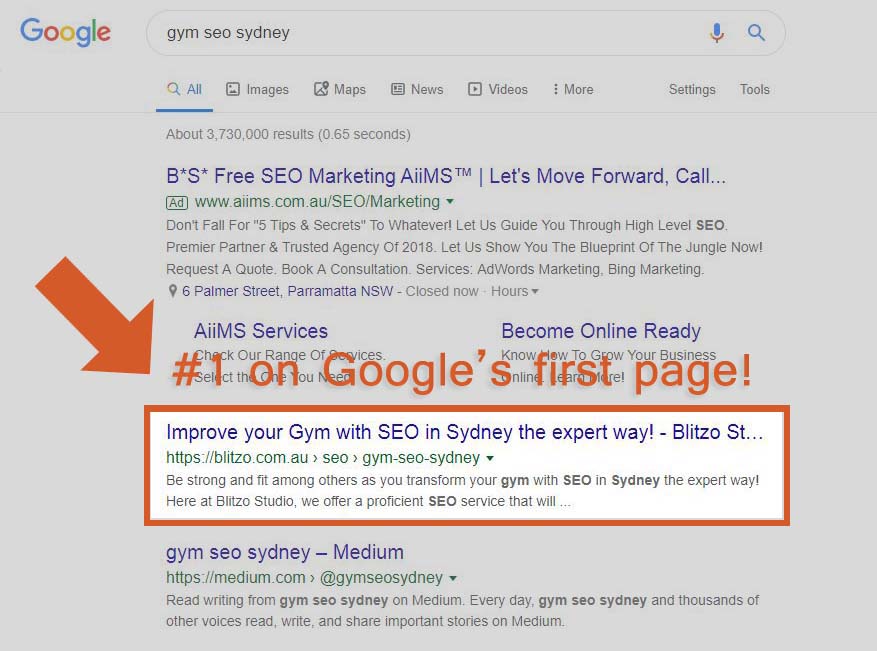
We are one of the BEST SEO experts based in Sydney that have DOMINATED the SERPs space.
Not satisfied?
Here’s another one.
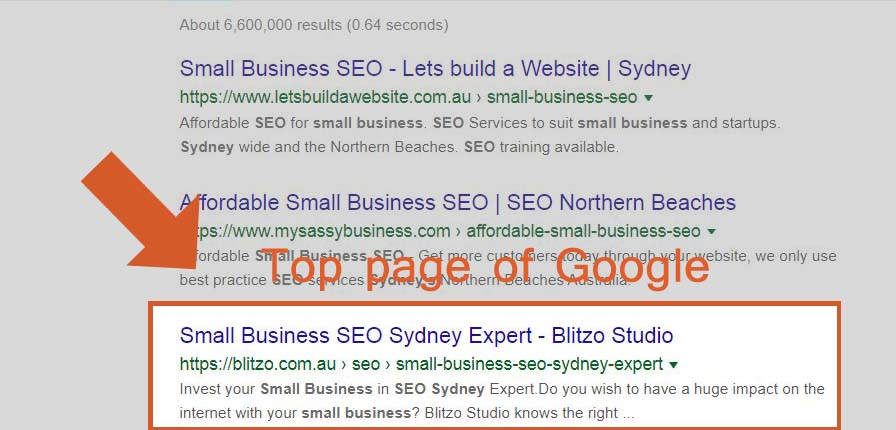
In this article, we will be giving you the knowledge and ACTIONABLE tips that you can follow on your way to becoming a wiz in local SEO keyword research.
Here is an overview of what you will learn:
Chapter I – KEYWORD STRATEGY
Targeting high search volume keywords isn’t enough. To rank high in Google and to ACTUALLY make a profit from your efforts, you need a sound strategy.
1. Searcher’s Intent: How to think like a consumer
2. Trends: How to check if your keywords are up-to-date
3. Keyword Targeting– How to steal your competition’s keywords
Chapter II- LIST-BUILDING PROCESS
Ditch the bad sales funnel articles you find online that will only lead you to PAID tools.
We are showing you 5 COMPLETELY FREE tools you can use to build your keyword list today.
Chapter III- THE QUICKEST WAY TO BOOST LOCAL SEO
If your hands are already full dealing with countless to-dos, meetings and clients to attend to, take advantage of the quickest way to boost local SEO!
Let’s begin!
Keyword Strategy

1. Searcher’s intent: How to think like a consumer
Before we start discussing searcher’s intent, it is necessary to define some basic terms that you need to know in order to build your knowledge about keyword research.
Let us start with the definition of keyword research, itself.
It is the method of finding which words and phrases online searchers utilise in search engines.
This also involves the optimisation of your entire content based on those set of words.
There are two types of keywords based on length namely head term keywords and long-tail keywords.
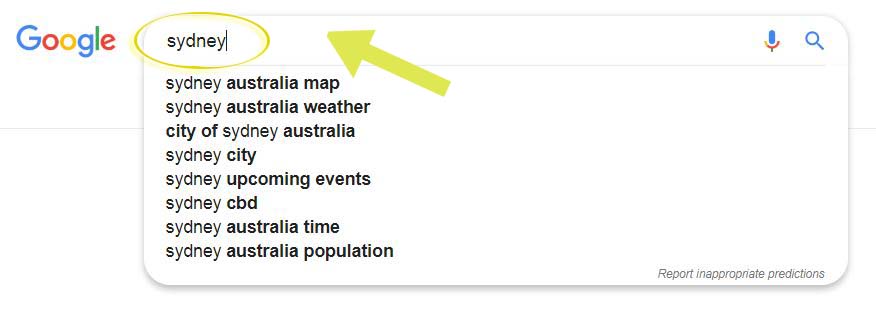
Head term keywords are more general and are composed of only one or two words.
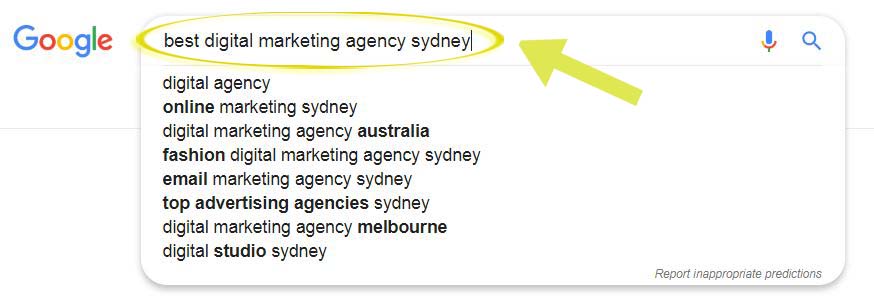
On the other hand, long-tail keywords, as its name suggests, are lengthier compared to the former.
There is another categorisation of keywords based on the type of query made by a person searching online.
They are the following:
Navigational search queries
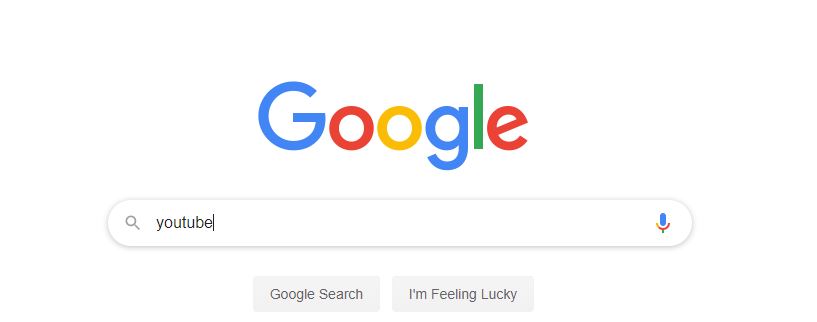
These are made for the purpose of landing on a specific website.
The searcher might want to either:
- Visit the particular site
- Know more information about that site
Informational Search Query
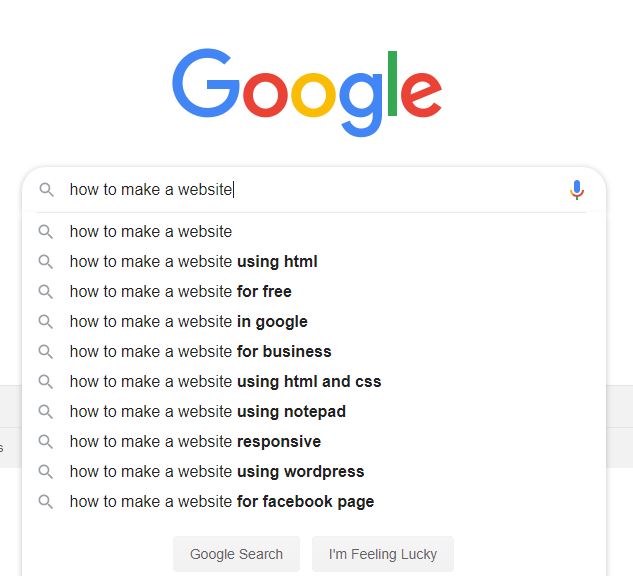
The searcher wants to obtain certain information whether it is broad or specific.
Transactional Search Query
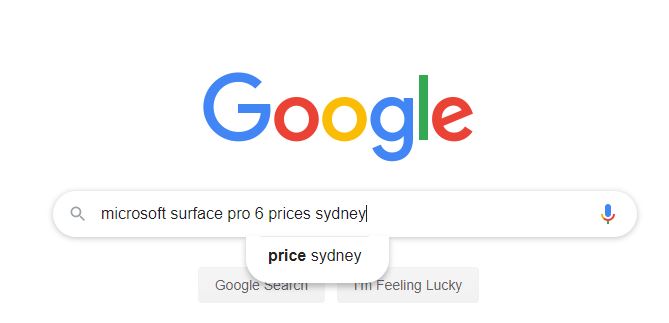
Finally, the last type is called transactional search query.
This means that the searcher’s intent is to complete a transaction, like buying a product.
So what does this mean for you?
Should you target head keyword or long-tail keywords?
Should you make use of navigational, informational or transactional queries?
If your aim is to increase your conversions, then you should definitely target long-tail keywords and transactional queries.
You need to understand that local SEO, you have less competition when it comes to head term keywords.
This translates to more traffic to your site.
But since your aim is conversion, long-tail keywords are more suitable.
Although it gives significantly less traffic, these are targeted traffic.
These are the right kind of people that you want for your site for you to boost your sales.
In a similar fashion, you should also target transactional queries.
They are clearly useful for selling your products and services.
Does this mean you should avoid targeting head term keywords, navigational search queries and informational search queries?
The answer is no.
Note that, your customers are not looking to purchase ALL OF THE TIME.
A consumer spends more time, gathering information regarding certain products or services BEFORE making purchasing.
Let us elaborate.
Let’s say that you own a steakhouse.
A potential customer might search “how to make the perfect steak”, “date night steaks”, etc.
If you provide them with useful information like doable recipes and instructional videos for cooking steaks, not only will you hook them to your site but your business will the FIRST establishment that will come to their minds when they’re planning to get professionally cooked steaks.
This is why you should also take the time to develop valuable content, whether it is articles, long-form blog posts, videos, etc. in your site.
This shows that you are an authority and an expert in your field.
This way, when your customer is READY to make a purchase, you will be the FIRST THING on their mind.
2. Trends: How to check if your keywords are up-to-date
Why are trends important?
Some keywords will stay relevant for many years.
However, some changes will probably come and go, especially when it comes to names and other updates.
More importantly, you want to know what keywords searchers are currently using.
You can do this by a completely FREE tool- Google Trends.
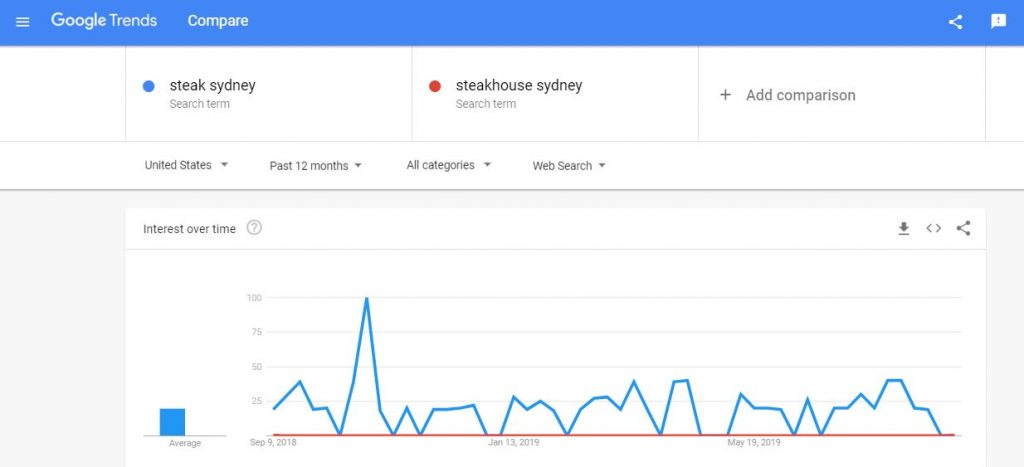
3. Keyword Targeting– How to steal your competitor’s keywords
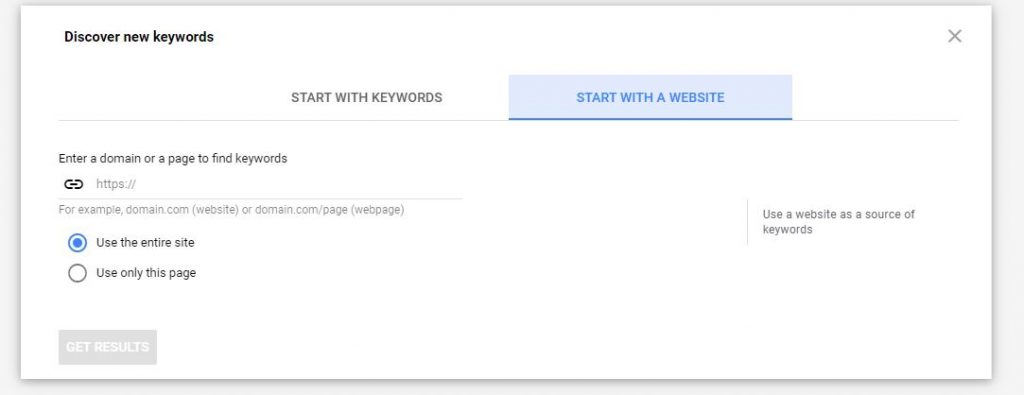
“Is this legal,” you may ask.
It is, and you can do this from another FREE tool-Google Keyword Planner.
You need to create an account to use it, but it is absolutely worth it.
It is one of the tools to be discussed in the next chapter in this blog post.
LIST-BUILDING PROCESS

Now that you know what keywords to target, you can now build your keyword list.
Create a keyword base that includes the location of your business.
Remember that including your location in your keyword is VERY IMPORTANT since you are optimising for local SEO.
Here are 5 FREE tools that allow you to do just that.
- Google Keyword Planner

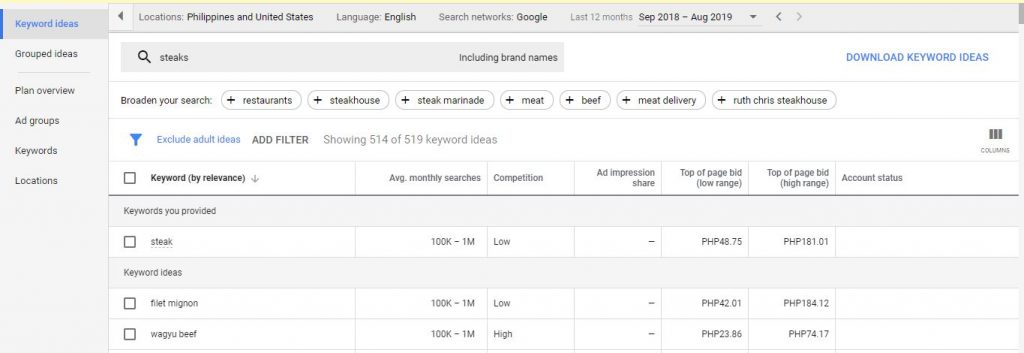
Google Keyword Planner is the best free tool for keyword research.
It can show you keywords, if competition if high, medium or low, bids, and many more.
Advanced tip: The higher the bid for the keyword, the more people are searching for it.
2. Google Suggest
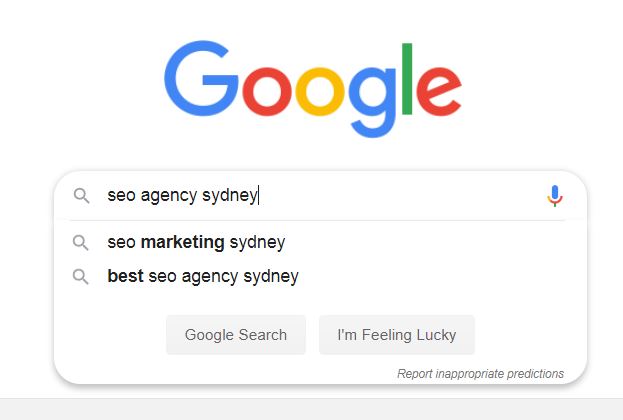
The rule is that if Google shows it in the suggestion box, then many people are searching for it.
Advanced tip: Put a space before your keyword to get more suggestions.
3. Google’s Latent Semantic Indexing (LSI ) keywords
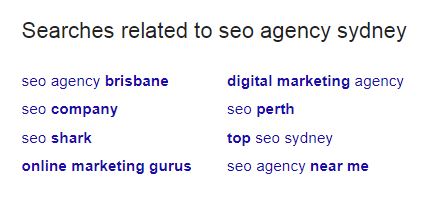
Although the name sounds complicated, LSI is actually quite simple.
It means the group of search suggestion at the bottom of the Google page.
Advanced tip: Click on an LSI keyword, and get more keywords from the bottom of its page.


4. YouTube Autocomplete
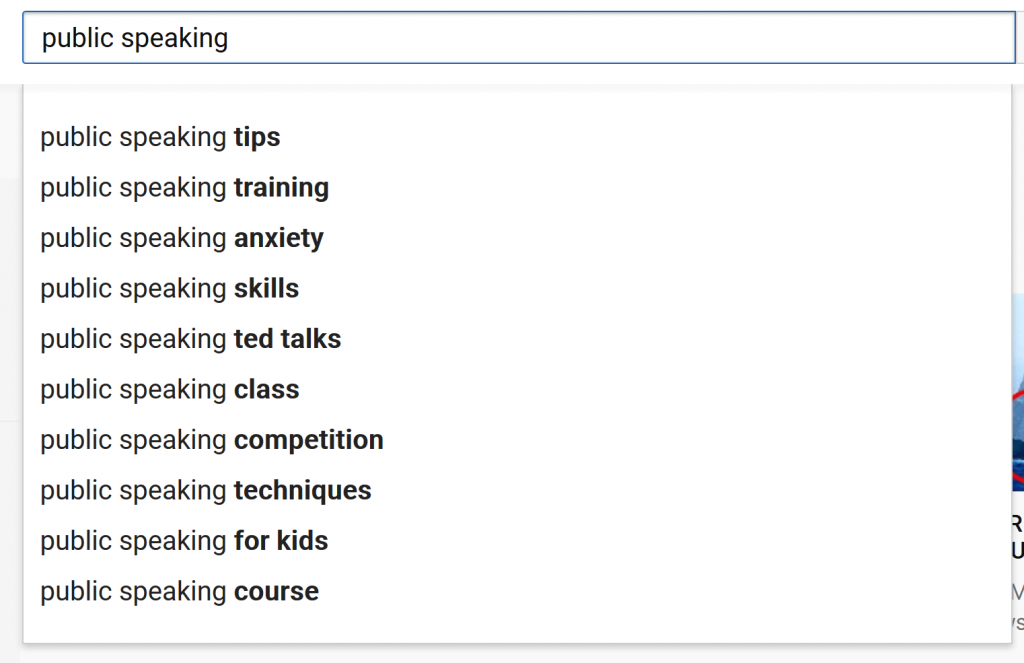
Just like Google, keywords that show up in YouTube Autocomplete shows that a large number of searchers are utilising those keywords.
5. Wikipedia


Wikipedia also serves as an organized source of keywords with its categories and other related topics section.
Advanced tip: Try following online forums in your industry, like Reddit, and watch out for popular threads.
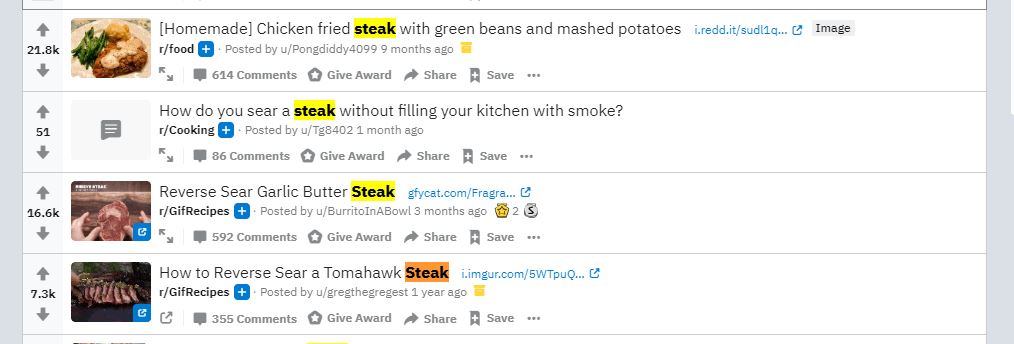
THE QUICKEST WAY TO BOOST LOCAL SEO
Feeling overwhelmed?
You don’t have to, just take advantage of the quickest way to boost your local SEO.
Let one of the BEST SEO agencies handle it for you.
Here in Blitzo, we take pride in providing the BEST services for our customers.
We specialize in online marketing, social media marketing, brand marketing, mobile app development, CRM development, etc.
You can contact us here.
Via: Backlinko, ImproveMySearchRanking, KWFinder, SearchEnginePeople, SEOHacker, WordStream



